#nebulae
Explore tagged Tumblr posts
Text


𝐓𝐡𝐢𝐬 𝐏𝐢𝐜𝐭𝐮𝐫𝐞 𝐎𝐟 𝐆𝐞𝐫𝐚𝐫𝐝 𝐀𝐬 𝐓𝐡𝐞 𝐍𝐞𝐛𝐮𝐥𝐚 𝐍𝟒𝟏 ✰
#spacerard#space comparison#mcr ecosystem#mcr#my chemical romance#astronomy#space#gerard way#mcr gerard#nebula#nebulae#outer space#gee way#mcrblr
64 notes
·
View notes
Text
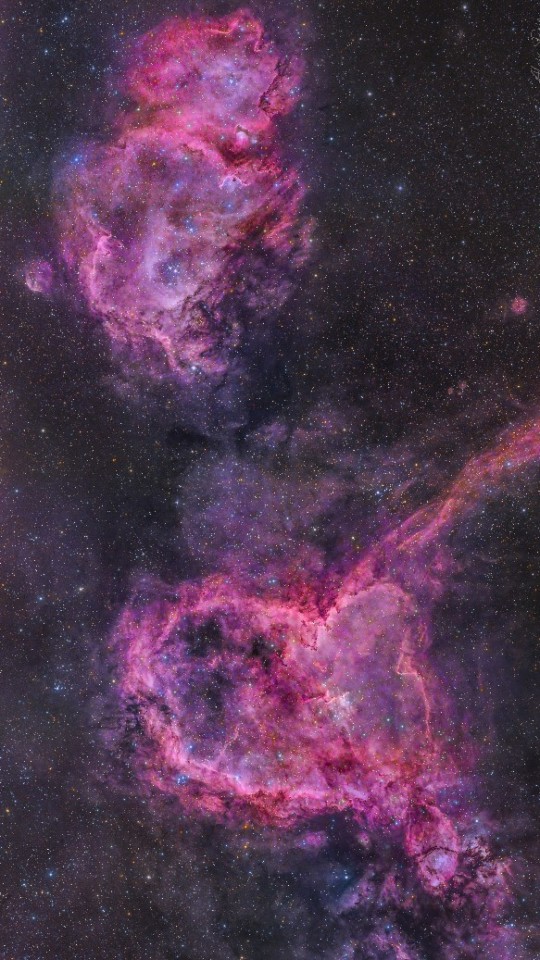
Heart and Soul Nebulae
3K notes
·
View notes
Text
Ima start with a piece I'm very happy with.
Current Hyperfixation is Good Omens, so my personnal journal has to go through GO themed decoration of course!
I make a page for each month, and here is June.

A bit crowded but I spent a good chunk of time on it (most of it being a full afternoon watching Season 2 in the background)
It's watercolours and colour pencils with gold and white gel pens for the details.
Hopes you like it! ❤️
Edit :
I posted some pics of the sketches for this piece for those interested there.
#good omens#aziraphale#crowley#aziracrow#good omens fanart#crowley making stars with his beloved#before the beginning#angels#star factory#nebulae#alpha centauri#theyre in love your honor#i love them#they deserve to be happy#they need a picnic under the stars
1K notes
·
View notes
Text
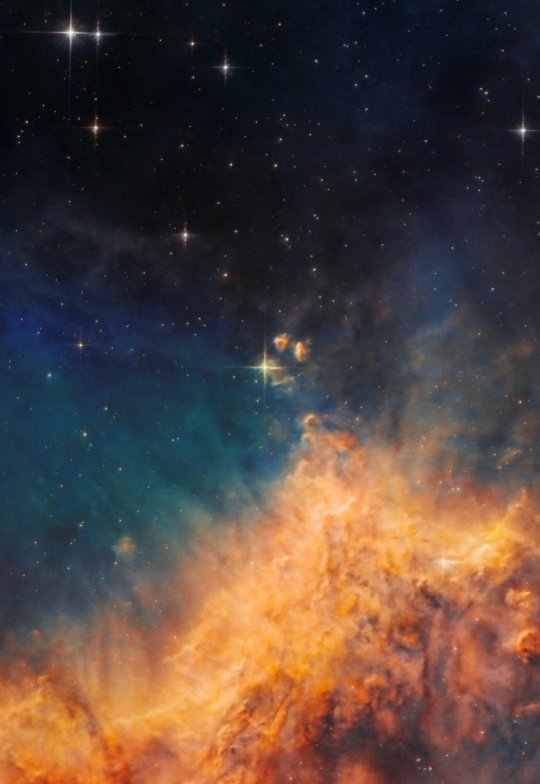




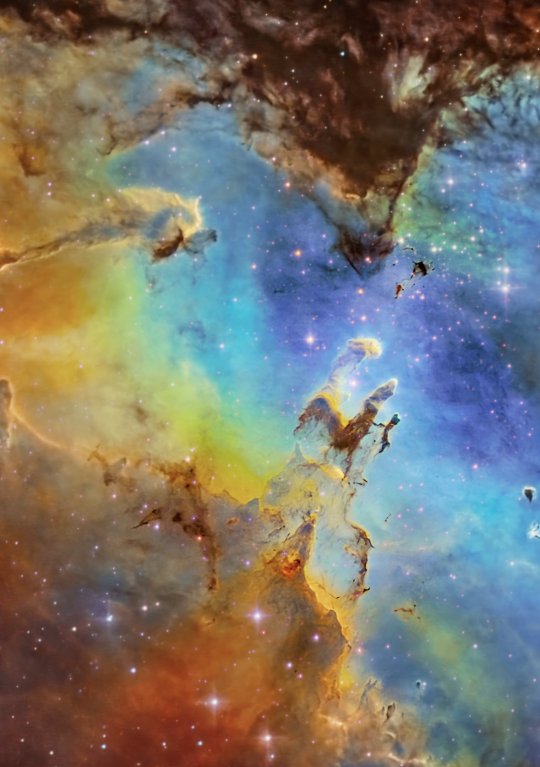
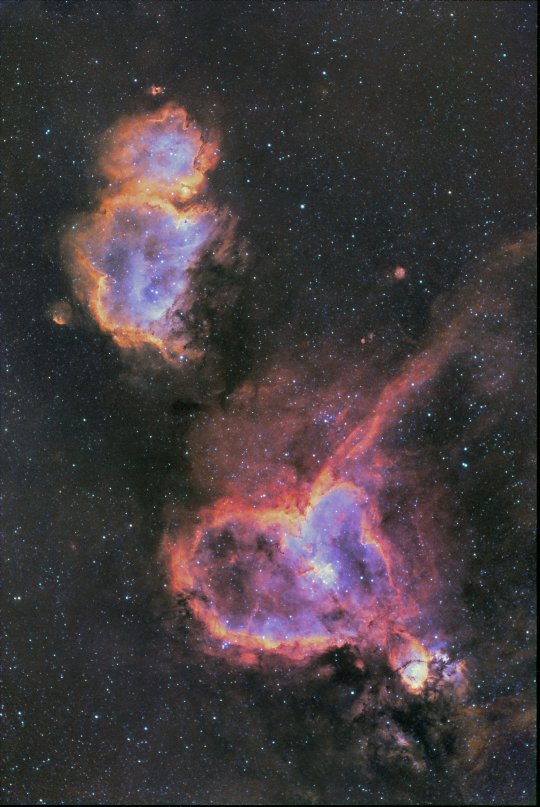

“We must understand the Cosmos as it is and not confuse how it is with how we wish it to be.”
l all taken by Andrew McCarthy l Carl Sagan
#nebula#milky way#space#astrophotography#astronomy#carl sagan#universe#stars#solar system#nebulae#heart and soul nebulae#california nebula#night#galaxy#planets#sky
3K notes
·
View notes
Text
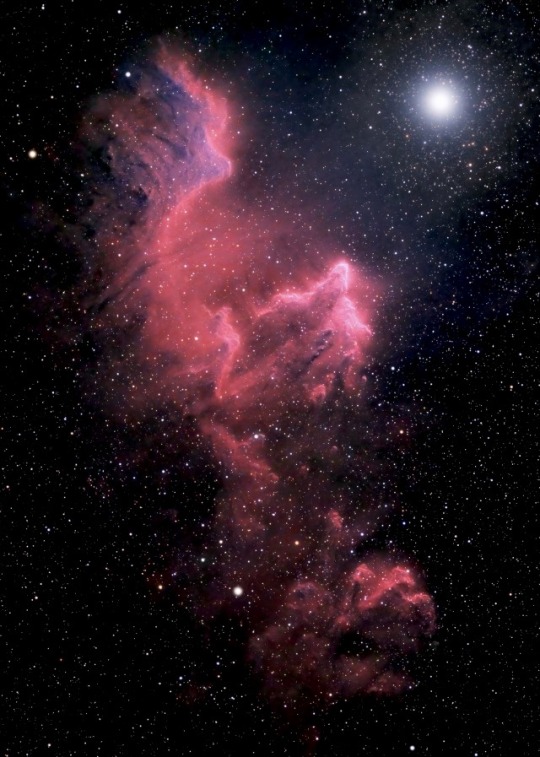
IC 63 / The ghost of Cassiopeia nebula
#astronomy#astrophotography#cosmos#stars#universe#space#nebula#nebulae#science#galaxy#outer space#space aesthetic#pink#pinkcore#pink aesthetic
332 notes
·
View notes
Text


M42//The Great Orion Nebula.
Photo taken and processed by myself. January 17th, 2025.
268 notes
·
View notes
Text
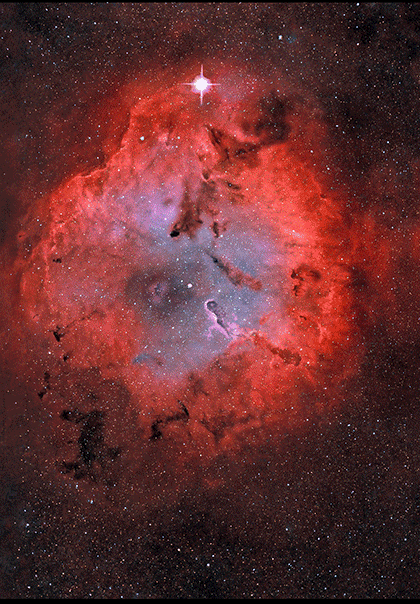
Rotating nebula uwu
187 notes
·
View notes
Text









day 11 of @deadboystims’ 300 follower event: a stimboard of space! it was super hard choosing between the ocean and space for me, but space has my whole heart always 💕
🪐-✨-🪐 / ✨-🪐-✨ / 🪐-✨-🪐
#stim#stimboard#deadboy300#space#sfw#purple#blue#black#red#brown#orange#teal#pink#white#nebulae#galaxies#stars#planets#earth#suns#nebula#galaxy#space photography#pillars of creation
371 notes
·
View notes
Text


𝐓𝐡𝐢𝐬 𝐏𝐢𝐜𝐭𝐮𝐫𝐞 𝐎𝐟 𝐆𝐞𝐫𝐚𝐫𝐝 𝐀𝐬 𝐓𝐡𝐞 𝐒𝐭𝐢𝐧𝐠𝐫𝐚𝐲 𝐍𝐞𝐛𝐮𝐥𝐚!! ✩
( 𝐏𝐢𝐜𝐭𝐮𝐫𝐞 𝐆𝐢𝐯𝐞𝐧 𝐓𝐨 𝐌𝐞 𝐁𝐲 @softpillowsandblankets <𝟑𝟑 )
#spacerard#space comparison#mcr ecosystem#mcr#my chemical romance#astronomy#space#gerard way#nebula#nebulae#gee way#outer space#mcrblr#mcr gerard
39 notes
·
View notes
Text

Comet Jacques and The Heart and Soul Nebulae
#astronomy#sky#night#stars#space#nasa#science#universe#nebula#galaxy#cosmos#heart#soul#nebulae#comet
1K notes
·
View notes
Text
imagine you live forever and then die in a violent bloody explosion and your soul is gone but your guts remain eternally where you were until they rot away and then some short lived animals a thousand miles away see your scattered decaying viscera and think it’s the most beautiful thing in existence. don’t you guys love nebulae
364 notes
·
View notes
Text




" The heart of the Milky Way, Messier 8 and SNR G007.5-01.7 "
// © Bray Falls
#Texas#United States#Space#Planets#Earth#Moon#Mars#Venus#Jupiter#Galaxies#Solar System#Universe#Milky Way#Supernovae#Nebulae#Galactic#Dust#Gas#photography#astronomy#explore#follow#discover
121 notes
·
View notes
Text






@theangelyouknew inspired me to make some different wallpaper for my phone. Here they are if you’d like to use them too. I just ask that you reblog and let me know if you liked them 💖🌃😇😈
Bonus Good omens behind the scenes wallpaper:

#david tennant#michael sheen#good omens#crowley#aziraphale#good omens 2#ineffable motherfuckers#ineffable husbands#ineffable*#aziracrow#gomens*#wallpaper#phone wallpaper#david fucking tennant#sexy scottish serpent#michael fucking sheen#welsh seduction machine#good ineffable omens#good omens bts#good omens behind the scenes#go bts#nebula#nebulae#body swap
136 notes
·
View notes
Text

Orion Nebula
#😍#astronomy#astrophotography#cosmos#stars#universe#science#space#nebula#nebulae#sky#orion nebula#outer space
221 notes
·
View notes
Text

Orion with the stars removed. Taken and processed by me.
47 notes
·
View notes
Text

Random galaxy I found uwu
#space#outer-space#outer space#galaxy#galaxies#astronomy#deep space#solar system#nebula#nebulae#universe
58 notes
·
View notes